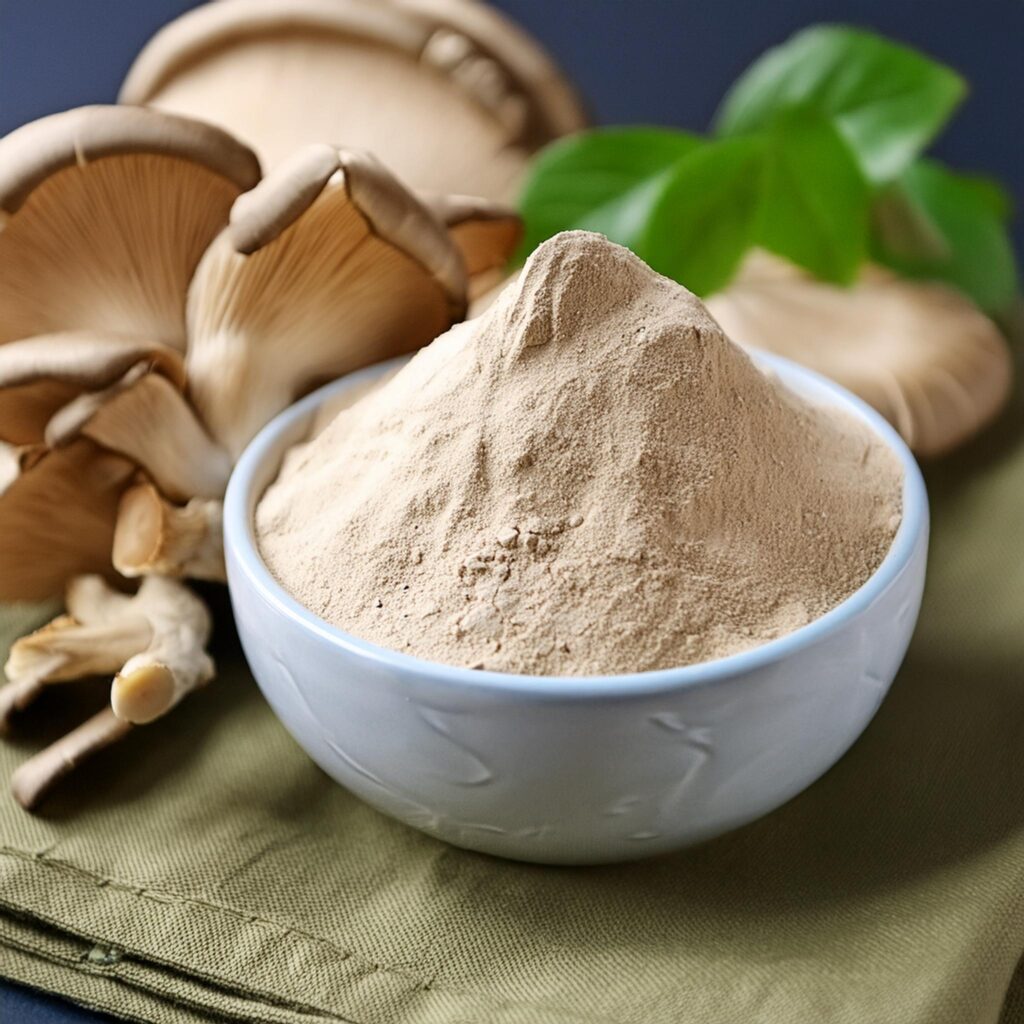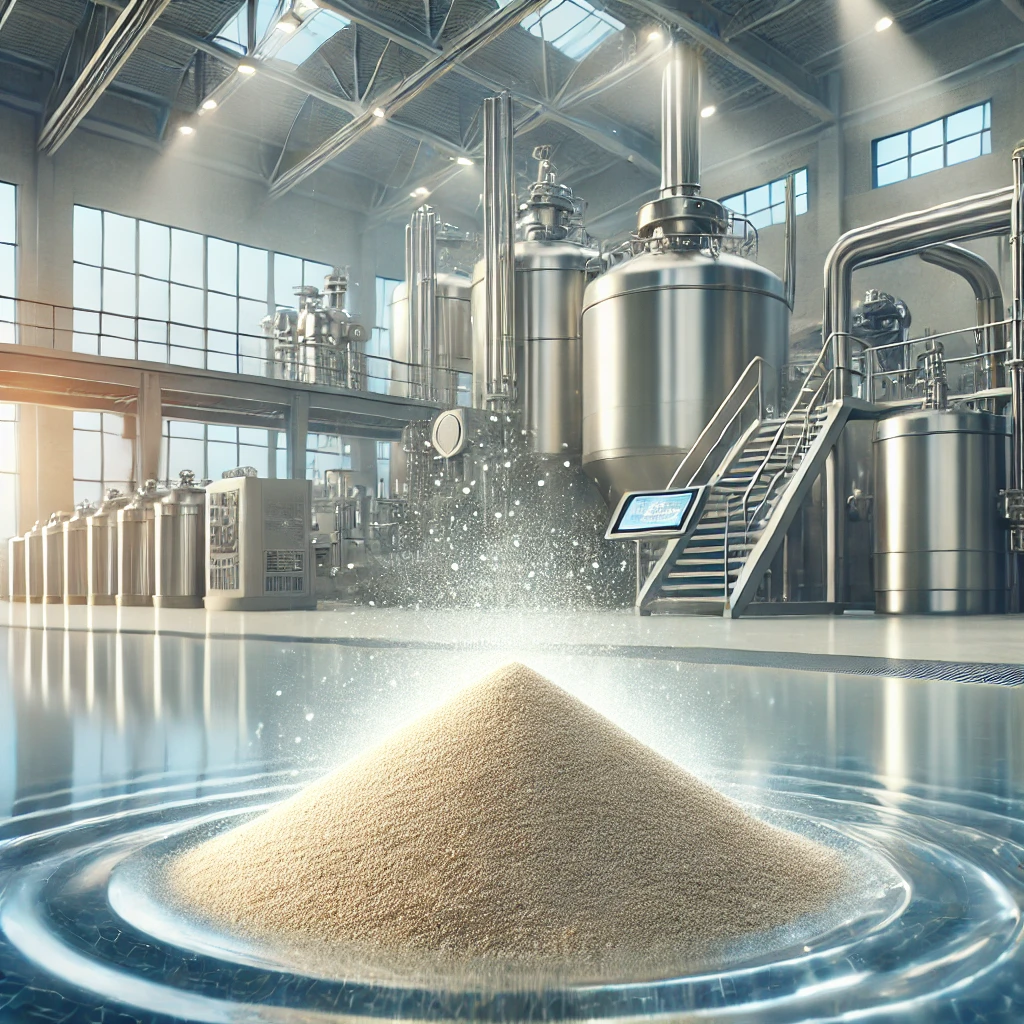Molecular Weight of Quaternary Chitosan Explained
Premium Chitosan Derivatives for Multiple Applications
At Chitosan Global, we offer premium-quality quaternary chitosanthat meets the highest standards for a variety of industries. Whether you’re looking for antimicrobial solutions, enhanced drug delivery systems, or biodegradable materials for food packaging, our quaternary chitosanproducts provide the perfect solution. By modifying chitosan with quaternary ammonium groups, we create a powerful and versatile material that serves a wide range of applications.
Why Buy Quaternary Chitosan from Chitosan Global?
Chitosan Globalis your trusted supplier for quaternary ammonium chitosanand related products. Here’s why you should choose us:
- Superior Antimicrobial Properties
Our quaternary ammonium salt chitosanis known for its potent antimicrobial effects. It inhibits the growth of bacteria, fungi, and viruses, making it ideal for:- Medical Device Coatings:Prevent infections and enhance device safety.
- Personal Care Products:Add antimicrobial properties to skincare, cosmetics, and sanitizers.
- Versatile Water Solubility
Quaternary chitosanis more soluble in water than regular chitosan, allowing it to be used in a variety of formulations. This feature makes it an excellent choice for industries such as:- Drug and Gene Delivery:Create highly effective drug delivery systems and gene carriers.
- Water Purification:Remove contaminants and purify water effectively for industrial and personal use.
- Biodegradable and Sustainable
Chitosan Globalis committed to sustainability, offering quaternary chitosanthat is fully biodegradable. Unlike synthetic alternatives, our products break down naturally, reducing environmental impact while still providing top-tier performance. This makes it a sustainable choice for:- Food Packaging:Extend shelf life with eco-friendly packaging solutions.
- Agriculture:Use in biodegradable agricultural films and coatings.
- Effective Antiviral Solutions
Research shows that quaternary chitosanhas antiviral properties, making it a valuable addition to your product formulations. If you’re in the healthcare industry or working on developing antiviral agents, Chitosan Global’s quaternary ammonium chitosanprovides an innovative and natural solution for your needs. - Perfect for Nanoparticles in Drug Delivery
Our quaternary chitosanis ideal for creating nanoparticles used in drug delivery and imaging. The positive charge and enhanced solubility of quaternary chitosanimprove the efficiency of drug delivery systems, making it an essential material for pharmaceutical research and development.
Applications of Quaternary Chitosan from Chitosan Global
1. Biomedical Applications
Our quaternary chitosanserves as an effective scaffold in tissue engineering, providing a supportive structure for cell growth and differentiation. It also plays a significant role in wound healing by promoting cell migration and regeneration. Quaternary chitosanis an essential material for:
- Gene Delivery:Efficiently deliver genetic material to cells for gene therapy treatments.
- Drug Delivery Systems:Safely and precisely deliver drugs to target areas in the body.
2. Food Packaging Solutions
With its antimicrobial properties, quaternary chitosanis a perfect material for food packaging. It helps to prevent microbial growth and extends the shelf life of food products. At Chitosan Global, we offer quaternary chitosansolutions that are not only effective but also environmentally friendly, providing biodegradable packaging alternatives to synthetic plastics.
3. Water Treatment and Purification
Quaternary chitosanis widely used in water purification due to its ability to bind with contaminants and facilitate their removal. Whether you’re looking to purify drinking water or treat wastewater in industrial processes, Chitosan Global‘s quaternary chitosanensures clean, safe water for all applications.
4. Antimicrobial and Antiviral Products
Protect your products and environments with quaternary chitosan. The quaternary ammonium salt chitosanacts as an antimicrobial agent, perfect for personal care items, medical devices, and industrial applications. Plus, its antiviral properties make it an excellent alternative to conventional antiviral agents.


Degree of Deacetylation - Grade
The degree of deacetylation (DDA) is a crucial factor that determines the properties of chitosan. It refers to the percentage of acetyl groups removed from the chitin structure. Chitosan with a higher degree of deacetylation is more soluble in acidic solutions and has enhanced bioactivity. A higher DDA means that the chitosan will have better performance in applications requiring solubility and bioactivity, making it suitable for a wide range of industrial, cosmetic, and agricultural uses.
Molecular Weight
Molecular weight is a significant property of chitosan that influences its viscosity, solubility, and biological activity. It is usually measured in kilodaltons (kDa) and can vary widely depending on the source and preparation method of the chitosan. Higher molecular weight chitosan tends to have higher viscosity and may form gels, while lower molecular weight chitosan is more soluble and easier to process. Understanding the molecular weight of chitosan is essential for tailoring it to specific applications, such as drug delivery, food preservation, and water treatment.
Certificate of Analysis (CoA)
The Certificate of Analysis (CoA) provides detailed information about the specific batch of chitosan, including its purity, degree of deacetylation, molecular weight, and any contaminants. This document ensures that the product meets the required specifications and standards. It is essential for verifying the quality and consistency of chitosan used in various applications. For example, here is a link to the CoA for -
- Sea-source quaternary chitosan
- Fungal-source quaternary chitosan
Pricing
1. Sample – 1 gram – Free + $10 S&H. Buy Now
2. 100 Grams ($80 free shipping in the Cont. U.S.)
3. 1-25 Kg ($50/kg)
4. 101-999 kg ($48/kg)
5. Metric Ton ($46/kg)
Buy Quaternary Chitosan Today from Chitosan Global
If you’re looking to buy quaternary chitosanfor your business or project, Chitosan Globalis the trusted supplier you need. We offer fast shipping and competitive pricing on all our chitosanproducts. Whether you need quaternary ammonium chitosanfor biomedical research, food packaging, or environmental solutions, we’ve got you covered.
Get Started with Chitosan Global
Order your chitosanproducts today and experience the superior quality and versatility that Chitosan Globaloffers. Our expert team is here to help you find the best solution for your business needs.
Contact Us
- info@shieldnutra.com
- +1 423 202 6145
- Johnson City, Tennessee
